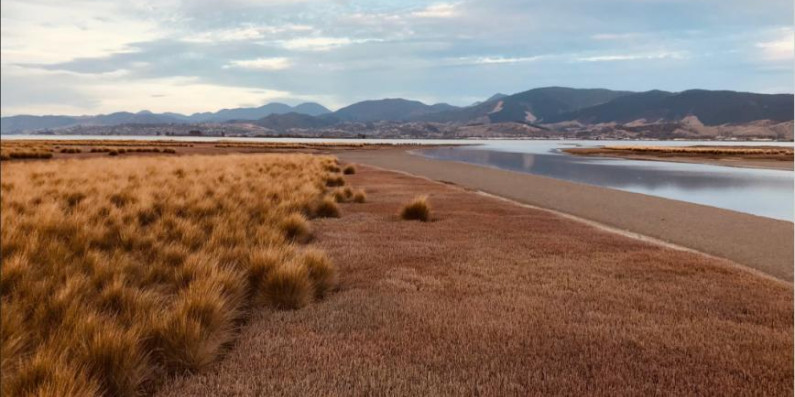
Coastal Wetland Blue Carbon Policy Research in Aotearoa
Image credit: Erik van Eyndhoven.
A new report has been released to look at the barriers and opportunities for enabling blue carbon projects.

Image credit: Erik van Eyndhoven.
A new report has been released to look at the barriers and opportunities for enabling blue carbon projects.
The Coastal Wetland Blue Carbon Policy Research in Aotearoa report was funded by The Nature Conservancy Aotearoa New Zealand and Ministry for the Environment and was commissioned to look at the barriers and opportunities for enabling blue carbon projects in New Zealand to participate in blue carbon markets.
The report was authored by Jacobs, Environmental Accounting Services, Anderson Lloyd and Conservation International.
The revenue from blue carbon credits can support landholders of restoration projects, turning conservation into sustainable and profitable livelihoods for local communities.
Enabling blue carbon projects to participate in international markets will help communities, landowners, and mana whenua build resilience to climate change.
Policy and regulatory barriers can be overcome with effective engagement with local and central government using existing settings, however there are complexities that could be addressed with further research and potential legislative change in the future.
Legal barriers can be overcome by effective engagement with all stakeholders and parties, as well as legal agreements between all parties for carbon rights, land ownership and equitable benefit-sharing.
However, this is a complex area that may require further work to enable scaling of blue carbon projects.
Ongoing and new pilot programmes/projects will showcase the use of existing international blue carbon markets and how some of the policy and regulatory barriers identified in the report can be overcome.